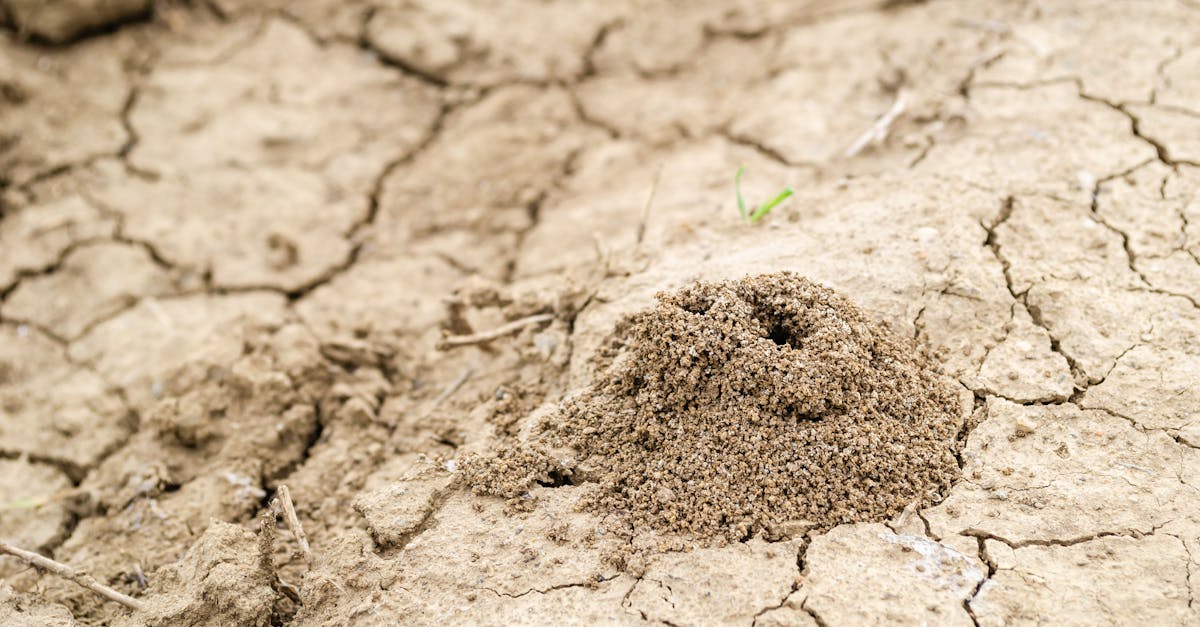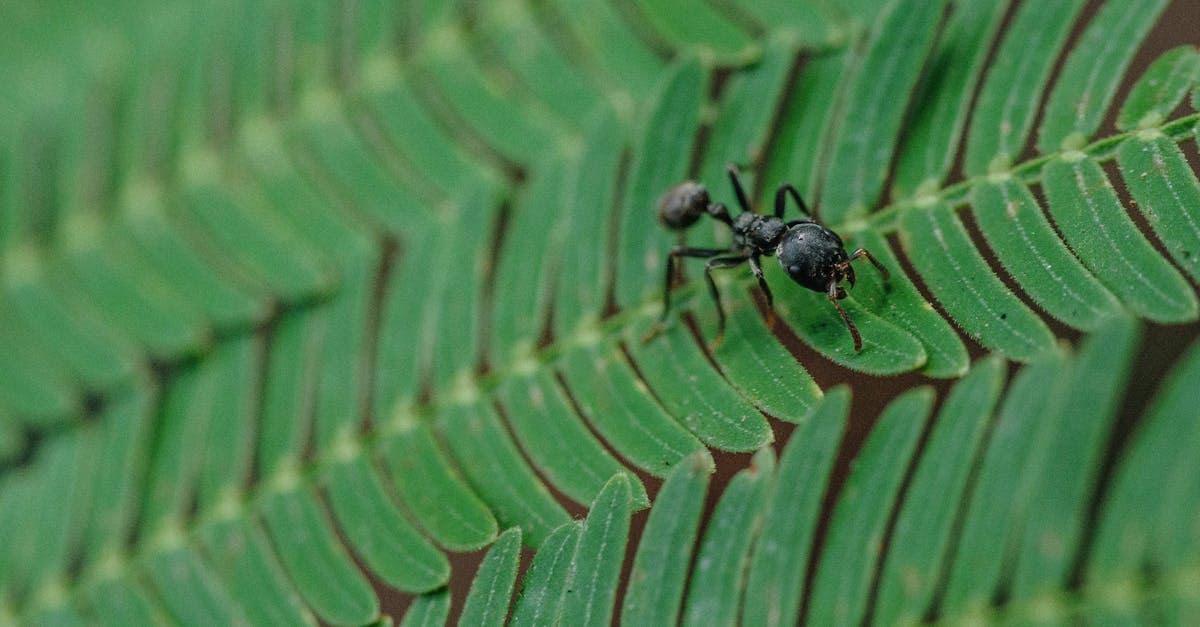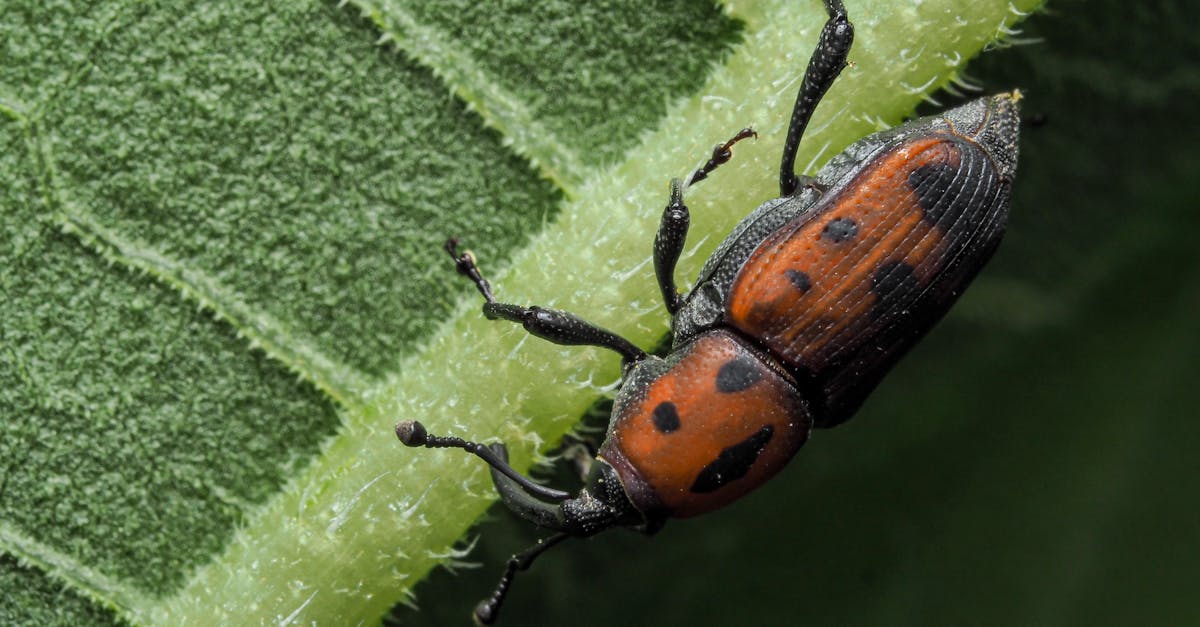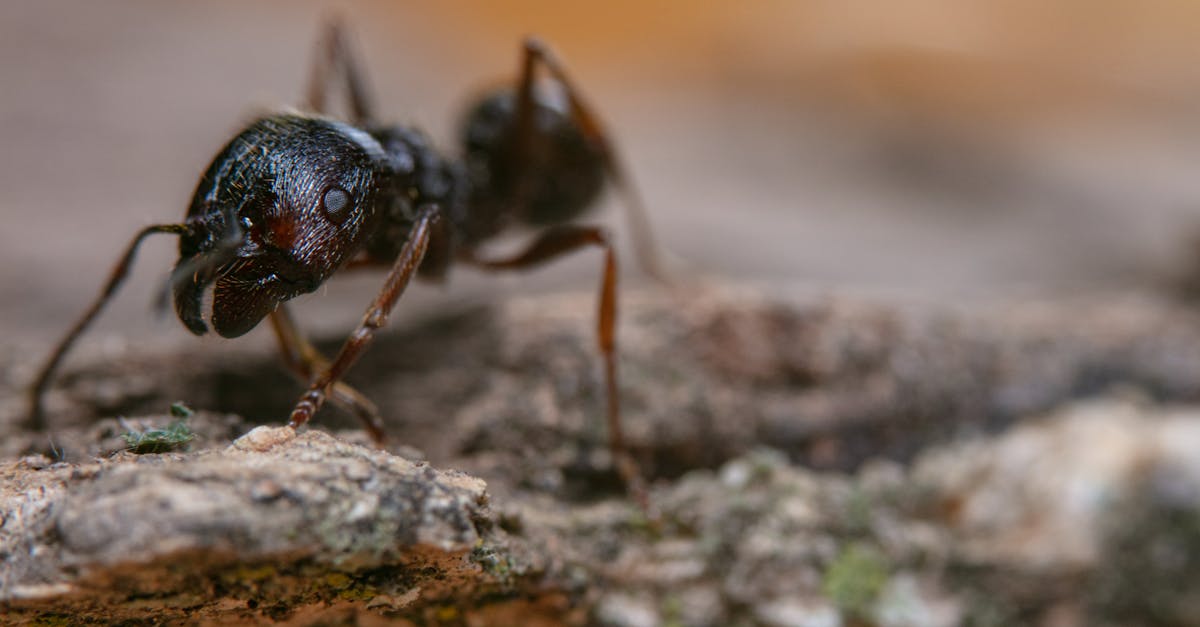When you think of intelligence, ants might not be the first creatures that come to mind. However, here’s a thought: these tiny insects exhibit behaviors that could rival some of our own. It’s safe to say that ants are more complex than they appear. Let’s delve into the fascinating world of ants and uncover their hidden intelligence.
The Hidden Genius of Ants
The Complexity of Ant Colonies
The other day, I was observing an ant colony in my backyard. I’ve often wondered how these minuscule creatures manage to coordinate their activities so seamlessly. It hit me that their organizational skills are nothing short of extraordinary. Ant colonies operate like well-oiled machines, with each ant playing a specific role. This division of labor is reminiscent of human societies, where specialization leads to efficiency.
Studies show that ants communicate through pheromones, a chemical language that conveys information about food sources, danger, and even the status of the queen. Imagine if humans could communicate complex messages through scent alone! This method of communication allows ants to work together harmoniously, ensuring the survival and prosperity of the colony.
Problem-Solving Abilities
What’s fascinating is that ants are capable of solving complex problems. In one experiment, researchers presented ants with a maze that had multiple paths leading to a food source. The ants quickly identified the shortest route, demonstrating their ability to optimize their movements. This problem-solving skill is akin to the algorithms used in computer science for finding the most efficient paths.
I’ve been meaning to share this: ants also exhibit remarkable adaptability. When faced with obstacles, they can alter their behavior to overcome challenges. For instance, some ant species build living bridges with their bodies to cross gaps. This level of ingenuity is something you might relate to if you’ve ever had to think on your feet to solve a problem.
Learning and Memory
I can’t help but think about the learning capabilities of ants. Studies have shown that ants can remember the location of food sources and navigate back to them even after several days. This memory retention is crucial for their survival, as it allows them to efficiently exploit food resources.
Here’s a quick story: researchers trained ants to associate a specific scent with a food reward. The ants learned to associate the scent with food and would seek it out even in the absence of the reward. This experiment highlights the ants’ ability to learn and adapt based on past experiences.
Collective Intelligence
One thing I’ve learned is that ants exhibit a form of collective intelligence. While an individual ant might seem insignificant, the colony as a whole can perform tasks that would be impossible for a single ant. This phenomenon, known as swarm intelligence, is a field of study that has inspired advancements in robotics and artificial intelligence.
It reminds me of how human societies function. Just as ants work together to achieve common goals, humans collaborate to solve complex problems. This collective effort often leads to innovative solutions that benefit the entire community.
The Importance of Understanding Ant Intelligence
Environmental Impact
Now that I think about it, understanding ant intelligence can have significant implications for environmental conservation. Ants play a crucial role in ecosystems as decomposers, soil aerators, and seed dispersers. By studying their behavior, scientists can develop strategies to protect and preserve biodiversity.
For example, some ant species are used as bioindicators to assess the health of ecosystems. Changes in ant populations can signal shifts in environmental conditions, allowing for early intervention and conservation efforts.
Technological Innovations
I’ve always thought that nature is the best teacher, and ants are no exception. Their problem-solving abilities and collective intelligence have inspired technological innovations. Researchers have developed algorithms based on ant behavior to optimize network traffic, improve logistics, and even design efficient robotic systems.
Imagine if we could harness the power of ant-inspired algorithms to solve some of the world’s most pressing problems. From optimizing transportation networks to enhancing disaster response, the potential applications are vast and varied.
Personal Development
If you’re like me, you might find this helpful: studying ant behavior can also offer insights into personal development. Ants exemplify qualities such as teamwork, perseverance, and adaptability. By emulating these traits, we can improve our own lives and achieve our goals more effectively.
For instance, ants never give up when faced with obstacles. They find alternative routes and work together to overcome challenges. This resilience is something we can all learn from, especially when dealing with setbacks in our personal and professional lives.
What Can We Learn from Ants?
Embracing Teamwork
I was just thinking about how ants exemplify the power of teamwork. In a colony, each ant has a specific role, whether it’s foraging for food, caring for the young, or defending the nest. This division of labor ensures that the colony operates efficiently and can adapt to changing conditions.
Here’s a story: during a flood, some ant species form living rafts with their bodies to protect the queen and young ants. This remarkable display of teamwork and self-sacrifice highlights the importance of working together for the greater good.
Adapting to Change
From what I’ve seen, ants are masters of adaptability. They can modify their behavior based on environmental conditions and available resources. This flexibility allows them to thrive in diverse habitats, from tropical rainforests to arid deserts.
I guess you could say that ants teach us the value of being adaptable in our own lives. Whether it’s adjusting to a new job, moving to a different city, or navigating personal challenges, the ability to adapt is crucial for success and well-being.
Perseverance and Resilience
I can’t forget the perseverance and resilience that ants exhibit. They work tirelessly to achieve their goals, whether it’s gathering food or building intricate nests. This unwavering determination is something we can all aspire to.
It goes to show that even the smallest creatures can teach us valuable life lessons. By adopting the qualities of ants, we can become more resilient, adaptable, and effective in our pursuits.
The Next Steps: Applying Ant Wisdom
Implementing Ant-Inspired Strategies
On that note, I’d like to share some practical ways to apply ant-inspired strategies in our daily lives:
- Team Collaboration: Foster a collaborative environment at work or in your community. Encourage open communication and the sharing of ideas to achieve common goals.
- Problem-Solving: Approach challenges with a problem-solving mindset. Break down complex issues into manageable parts and explore different solutions.
- Adaptability: Be open to change and willing to adjust your plans based on new information or circumstances. Flexibility is key to overcoming obstacles.
- Perseverance: Stay committed to your goals, even in the face of setbacks. Persistence and resilience are essential for long-term success.
Encouraging Further Exploration
I’ve often thought about the untapped potential of studying ant behavior. By continuing to explore and understand their intelligence, we can uncover new insights that benefit both science and society. Whether you’re a researcher, educator, or simply curious about the natural world, there’s always more to learn from these remarkable insects.
Final Thoughts
What’s surprising is that ants, despite their small size, possess a level of intelligence and complexity that rivals many larger creatures. Their ability to communicate, solve problems, and work together offers valuable lessons for us all. By studying and emulating their behavior, we can improve our own lives and contribute to a more efficient and harmonious society.
If you’ve enjoyed this exploration of ant intelligence, consider sharing it with others who might find it equally fascinating. Let’s continue to learn from the natural world and apply its wisdom to our own lives.
Note: This blog post is formatted in Markdown, making it easy to read and visually appealing. For further reading on ant behavior and intelligence, check out these external resources.


















